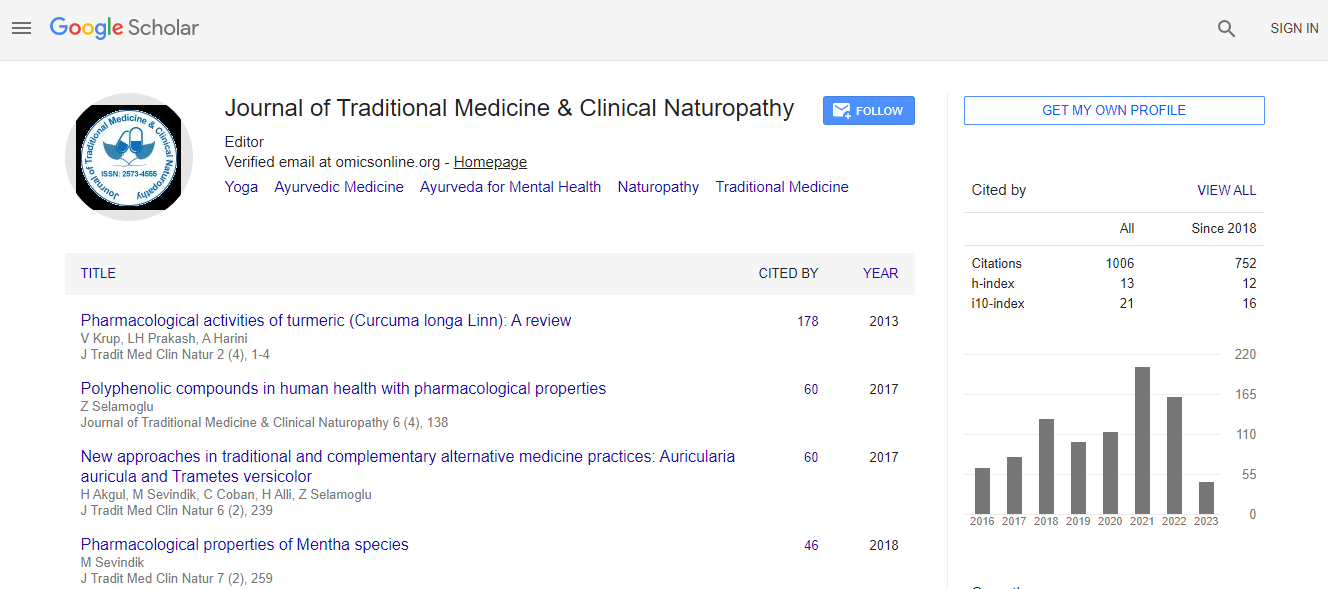Review Article
Concept of Dietetics and its Importance in Ayurveda
| Das Banamali* | |
| Scientist-2, National Research Institute for Ayurvedic Drug Development, Odisha, India | |
| Corresponding Author : | Das Banamali (Scientist-2), National Research Institute for Ayurvedic Drug Development Bharatpur, Bhubaneswar, Odisha-751003, India Tel: 0674-2386435 E-mail: banamali.d@gmail.com |
| Received February 14, 2014; Accepted March 26, 2014; Published March 28, 2014 | |
| Citation: Banamali D (2014) Concept of Dietetics and its Importance in Ayurveda. J Homeop Ayurv Med 3:149. doi: 10.4172/2167-1206.1000149 | |
| Copyright: © 2014 Banamali D. This is an open-access article distributed under the terms of the Creative Commons Attribution License, which permits unrestricted use, distribution, and reproduction in any medium, provided the original author andsource are credited. | |
Abstract
Human body requires food to provide energy for all life process, growth, repair and maintenance. A balanced diet contains different types of foods in such quantities and proportions that the need of the body is adequately met. Eating a well-balanced diet on a regular basis and staying at ideal weight are critical factors in maintaining emotional and physical well-being. In Ayurveda, diet forms the important component of life as it is included in the Tri-Upastambha (three pillars of life). Being supported by these three factors, the body is endowed with strength, complexion and growth, and continues up till the full span of life, provided a person does not indulge in such regimen as are detrimental to health. Any material in the universe, according to Ayurveda is composed of five basic elements, the Pancha Mahabhootas, namely Prithvi(Earth), Ap(Water), Teja(Fire), Vayu(Air) and Akasha (Ether). The Tridoshas (Biological Humors) i.e. Vata, Pitta & Kapha which constitutes the body is also made up of Pancha mahabhootas. Each food article either has Dosha aggravating action or pacifying or balancing action on human body. To keep the homoeostasis of Doshas (health), Ayurveda has described specific diet. Proper planning and indulging of the diet can maintains our body.

 Spanish
Spanish  Chinese
Chinese  Russian
Russian  German
German  French
French  Japanese
Japanese  Portuguese
Portuguese  Hindi
Hindi 
